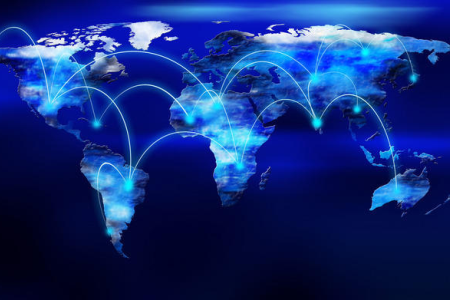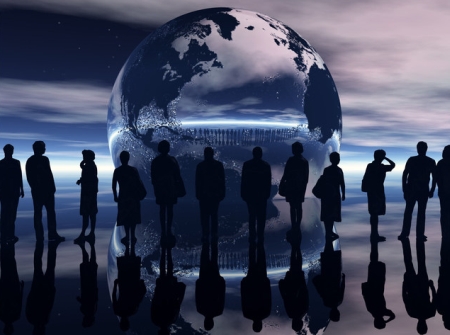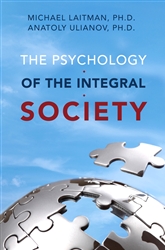The Development of Globalism Brings With It Global Interconnection
On the face of it, the 20th century seems like the beginning of a new stage in the evolution of desires. Every single realm of human engagement was revolutionized (and often re- or counter revolutionized) during this century. Indeed, the pace of change during this century has so increased, life has begun to change at an exponential pace.
But even more astonishing than the pace of progress was the pace of globalization. The process of becoming a single economic system that began with the Age of Discovery and colonialism culminated in the 20th century. At the century’s end, virtually no country remained completely self-sufficient.
In the year 1900, the world population was approximately 1.6 billion. By the end of the century, it was in excess of six billion. In 1900, the average top speed of a car was seven mph. A hundred years later, even typical family cars could reach 130 mph. Moreover, the primary means of transport had changed from carriages, bicycles, and walking to driving. By the turn of the 20th century, the majority of walking was done on treadmills at home, in parks, or in fitness gyms, and the same could be said for cycling.
For overseas journeys, jetliners have completely replaced passenger ships, and travel time between continents had dropped from several weeks to several hours (albeit for shipment of goods, the primary means of transport is still cargo ships rather than planes). And (quite literally) above all, to help ships and cars navigate, to alert them of bad weather, and to survey enemy territory, we have positioned satellites in space.
With respect to technology, life has changed not only in how fast and how comfortably we travel, but also in the instruments we use in our daily lives. Such devices as telephones (and later cellular phones), light bulbs, radios, televisions, and computers were either unheard oforwerejust making their debut inthe early 1900s. At home, life has never been easier. Washing machines, clothes dryers, refrigerators, freezers, vacuum cleaners, electric stoves, and (since the 1970s) microwave ovens, all have become household appliances.
Alas, the technological advances of the 20th century were (and still are) used detrimentally with devastating results: war, occupation, oppression, and tyranny became exponentially more effective and destructive, resulting in two world wars and several genocides within the time frame of a single century.
The two world wars changed the world map dramatically and ended the age of colonialism (with some exceptions such as India, which gained independence from England in 1947, or Algeria and other nations under french rule, which gained their own in the 1950s and 1960s). This allowed numerous new countries to experience independence for the first time, though the gap in wages, infrastructure, and standard of living between the powerful post-empires and the newly liberated countries not only remained, but even widened.
In the 20th century, science had drastically changed the way we view the world. Einstein’s Special and General Theory of Relativity, followed by the advent of quantum mechanics, have revolutionized the way scientists perceive the world, paving the way for numerous innovations from lasers to microprocessors and everything derived from them. Genetics was significantly developed, the structure of DNA was determined, and by the turn of the century, the first mammal, Dolly, the sheep, was cloned.
In astronomy, the Big Bang theory was proposed and the age of the universe was determined at roughly 14 billion years. Also, our observation capabilities have been dramatically improved with the 1990 launch of the Hubble Space Telescope.
All these and many more 20th century innovations and shifts made the past century a landmark of unique position in history.
Continue reading “Why Today Is the Age of Global Interconnection and Interdependence”


